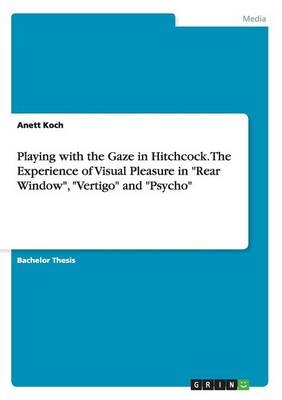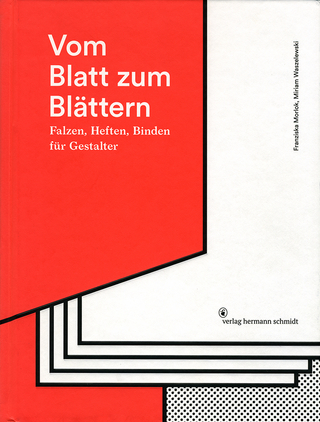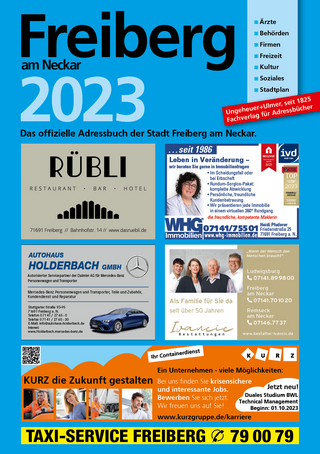
Playing with the Gaze in Hitchcock. The Experience of Visual Pleasure in "Rear Window", "Vertigo" and "Psycho"
Seiten
2014
|
14001 A. 1. Auflage
GRIN Verlag
978-3-656-67524-2 (ISBN)
GRIN Verlag
978-3-656-67524-2 (ISBN)
- Titel nicht im Sortiment
- Artikel merken
Bachelor Thesis from the year 2011 in the subject Communications - Movies and Television, grade: 1,0, University of Heidelberg, language: English, abstract: Woman [...] stands in patriarchal culture as a signifier for the male other, bound by a symbolic order in which man can live out his fantasies and obsessions through linguistic command by imposing them on the silent image of woman still tied to her place as bearer, not maker, of meaning (Mulvey, "Visual Pleasure" 15).Ever since Laura Mulvey published her essay "Visual Pleasure and Narrative Cinema" in 1975, feminist film theorists have challenged her assertion that films are directed at an exclusively male spectatorship. Despite the fact that Mulvey herself has revised some of her ideas in "Afterthoughts on 'Visual Pleasure andNarrative Cinema' inspired by King Vidor's Duel in the Sun (1946)" (1981), theorists are still struggling to understand if and how visual pleasure manifests itself for female viewers.In classical Hollywood cinema, this visual pleasure is the result ofsuccessful audience manipulation. Cinema is often regarded as a 'narrative machine' because "the narrative is delivered so effortlessly and efficiently to the audience that it appears to have no source" (Belton, American Cinema 22). As a rule, the film's artifice is hidden so well that it remains unnoticed by the audience, conveying the impression that the narrative is "spontaneously creating itself in the presence of the spectators [...] for their immediate consumption and pleasure" (ibid.). Thus, cinema's visual manipulation techniques enable viewers toexperience visual pleasure as they enter the world on screen and become involved in the lives of their screen surrogates.Among the many talented directors in the history of film making, Alfred Hitchcock is known for being one of cinema's most productive auteurs and a pioneer in the field of visual manipulation. Through his way of directing the camera - and with the camera also the gaze of the spectator - his audience notonly appreciates the narrative itself but also, and especially, Hitchcock's technique of storytelling. By means of simultaneously zooming in and tracking out, combined with point-of-view shots and extreme close-ups, the audience assumes the protagonist's perspective along with a sense of vertigo, guilt and pleasure. Thus, as a director, Hitchcock is like a criminal who makes the audience his accomplice in a crime that is about to unfold in front of their eyes. [...]
| Erscheint lt. Verlag | 27.6.2014 |
|---|---|
| Sprache | englisch |
| Maße | 148 x 210 mm |
| Gewicht | 94 g |
| Themenwelt | Kunst / Musik / Theater ► Theater / Ballett |
| Sozialwissenschaften ► Kommunikation / Medien ► Allgemeines / Lexika | |
| Sozialwissenschaften ► Kommunikation / Medien ► Medienwissenschaft | |
| Schlagworte | Alfred Hitchcock • AlfredHitchcock • femininity • Gaylyn Studlar • GaylynStudlar • Jacques Lacan • JacquesLacan • Laura Mulvey • LauraMulvey • male gaze • MaleGaze • Mary Ann Doane • MaryAnnDoane • Psycho • Rear Window • RearWindow • Tania Modleski • TaniaModleski • Teresa de Lauretis • TeresadeLauretis • Vertigo • Visual Pleasure • VisualPleasure |
| ISBN-10 | 3-656-67524-4 / 3656675244 |
| ISBN-13 | 978-3-656-67524-2 / 9783656675242 |
| Zustand | Neuware |
| Haben Sie eine Frage zum Produkt? |
Mehr entdecken
aus dem Bereich
aus dem Bereich
Falzen, Heften, Binden für Gestalter
Buch | Hardcover (2023)
Verlag Hermann Schmidt
55,00 €
Das offizielle Adressbuch der Stadt Tübingen
Buch (2023)
Ungeheuer + Ulmer (Verlag)
28,90 €
Das offizielle Adressbuch der Stadt Freiberg
Buch (2023)
Ungeheuer + Ulmer (Verlag)
14,90 €


